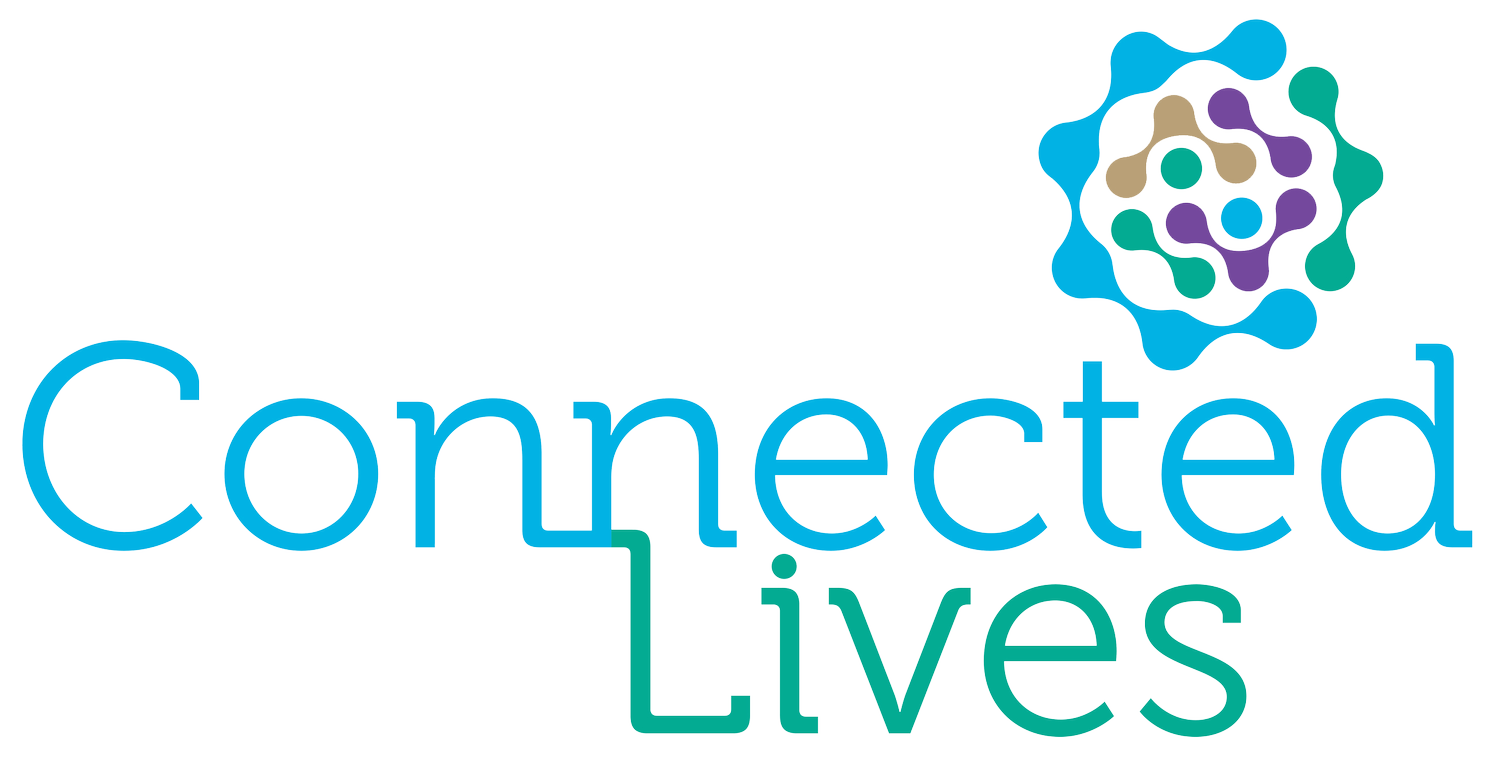Mind the Gap
This week I’ve been pondering the gap. Not the gap between the station platform and tube train (which at some stations on some lines really requires attention) but the gap between how we want to behave towards loved ones and how things often play out in real time.
I have worked with hundreds of parents and partners in the last 26 years. All of them wanted to be good parents and loving partners. And nearly all of them struggled to a greater or lesser extent in achieving that. What’s going on? Why is there this gap and is there any way of stepping over it?
Many of us stuck in perpetual lockdown have lamented the kinds of parents or partners we’ve become as we juggle work, family, school, sanity etc. But leaving aside the pandemic for one moment (and won’t it be nice to do that FOR EVER), in ‘normal’ or ‘new normal life’ we can also find that intentionality simply isn’t enough.
There are many theories as to why this is the case – the one that works best for me will come as no surprise to anyone who’s read pretty much anything I’ve ever written is attachment theory. The fundamental drive for connection and attachment was first developed by Bowlby and has more recently been ‘backed up’ by neuroscience. Babies are born with immature brains, particularly vulnerable during their first three years of life whilst neuronal development takes place. The emotional responsiveness of their parents ‘builds’ healthy brains. For example, babies as young as 9 months know which emotions their parents are comfortable or uncomfortable with. Babies are incredibly sensitive to their parent’s cues and effectively learn how relationships work from an early age. Because this ‘knowing’ is picked up at such a young age (and because of where in our brain we store the information) we have instinctive responses to situations and emotions without knowing why. This knowing turns out to be pretty persistent and consistent e.g. if our parent was uncomfortable with anger, we may struggle when our partner is angry; we are also likely to struggle with angry children too. If we find it hard to deal with sadness and disappointment with our small children, this is likely to persist into their teenage years.
These and later ‘lessons in love’ can go on to affect and sometimes harm our current relationships with spouses and children. So what we need is a way of helping parents and partners understand the lessons in love that they have picked up and that have an on-going impact on them. This involves being brave enough to search and know ourselves at a slightly deeper emotional level which will then help all our family relationships across the board.
In my experience of running attachment-based parenting groups over the last 11 years I have seen many well-intentioned parents missing huge areas of need in their children (be it taking charge in a kind way or helping make sense of tough emotions). They don’t intend to dismiss or ignore these needs but their own ‘lessons in love’ have been wired in at such a level that until they take time to think and reflect they simply don’t know what they are doing. We need spaces where we are helped to see our children’s need and then understand why they find it so hard to meet some of them. Without this time and insight parents often repeat the patterns of their parents.
There are three steps across the gap:
Firstly we need a way of decoding behaviour, to see what our children need from us and when (again the map created by attachment theory seems to be the most user friendly to me).
Secondly we need to step back and start to see the patterns that play out – some people can do this simply by reading a well-written book or article, and applying it to their life. The vast majority of us cannot do this because these things are wired so deep that we can’t get perspective on our own. We need other relationships, other people to walk with us and help us take that step back.
Finally we need to be able to reflect in a blame free, shame free space as to what is going on.
So for anyone reading this who is thinking ‘why did I just do that?’ or ‘what the heck is going on with them?’ I’d encourage you to seek out a group, a space where the gap can be seen and you’ll get the help you need to take the steps over it.
Jenny Peters
4.3.21
